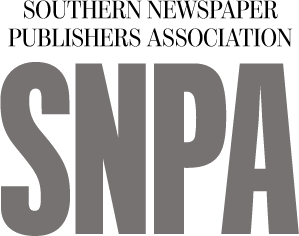U.S. Department of Labor proposes new overtime rule
This writer and many others predicted that the Department of Labor, under the leadership of Secretary Acosta would publish a new proposed rule in March 2019. The new proposed rule would increase the salary level threshold that must be met in order to be overtime exempt under the Federal Fair Labor Standards Act.
The new proposed rule, announced March 7, will increase that threshold from $23,660 per year (or $455 per week) to $35,308 per year (or $679 per week). This new threshold is far less than the threshold proposed by the Obama administration that was permanently enjoined nationwide by a federal court in Texas.
Significantly, the proposed rule does not call for automatic annual adjustments to the salary threshold; does not create different salary levels based on region of the country; and does not make any changes to the duties tests.
In addition to increasing the salary threshold, the new proposed rule would permit employers to count nondiscretionary bonuses and incentive payments (including commissions) paid to employees to satisfy up to 10 percent of the salary threshold. The proposed new rule also modifies the "highly compensated employee" exemption, increasing the annual compensation threshold for that exemption from $100,000 to $147,414.
Increase salary or reclassify?
Under the proposed rule, if a currently salary-exempt person is not currently making $35,308 per year, it is decision time. The decision is whether to increase the employee's salary to that level or to reclassify that individual as non-exempt. That decision will be based upon many factors including:
- How close the current salary is to the new $35,308 figure.
- How many hours per week the employee is currently working.
- Consideration of morale problems and reclassifying of current exempt employee as non-exempt.
Timing of decision
Employers have lots of time to plan and react. The announcement of the proposed rule is just the first step in a long process. Right now the rule is open for a 60-day comment period. After receiving all of the comments, the Department of Labor will review them and determine whether they want to make any changes to the proposed rule. It is currently estimated that a final rule will not take effect until January 2020.
Employers should now conduct an audit of these positions to determine which positions will receive an increase in salary and which will be converted to non-exempt. This is also a good time to conduct an audit of their duties to ensure that these individuals meet the duties test.
I will continue to monitor developments and provide updates.

L. Michael Zinser is the founding partner of The Zinser Law Firm in Nashville, Tenn. The firm, which has a heavy concentration of clients in communications media, represents management in the area of labor and employment. Zinser can be reached at (615) 244-9700 or mzinser@zinserlaw.com.






